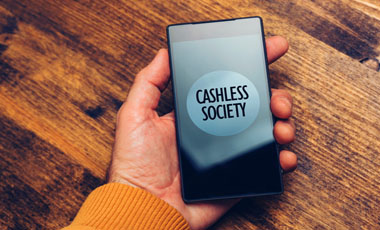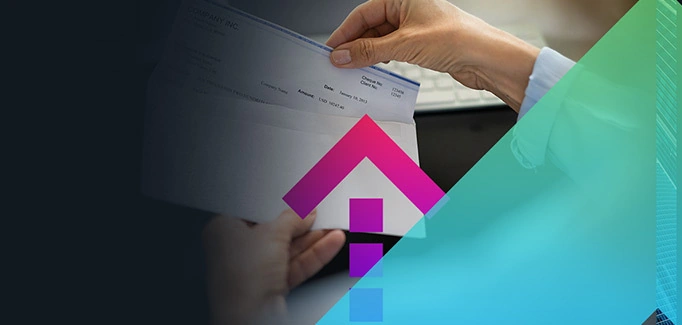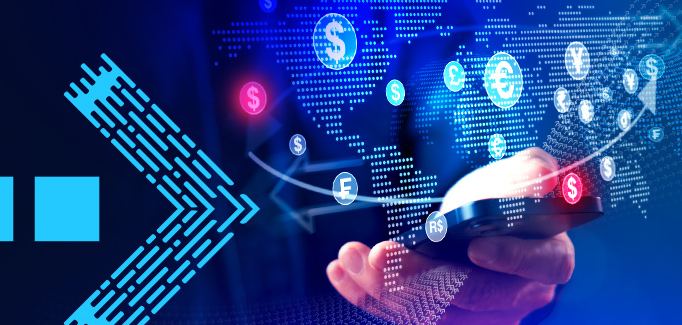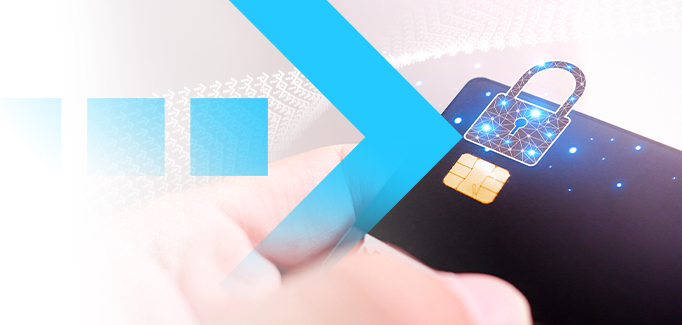Are We Already in a Cashless Society? Three Part Blog Series
February 7th, 2018

Introduction to the Series
Think about the last time you walked into a bank branch, or wrote an actual physical check. What about how often you use cash, compared to a few years ago. I think you could agree that most people living in large Western economies are doing all of those activities less than ever before. In this three part series, we’ll discuss the pros and cons of a cashless society. Don’t forget to read parts one and two before moving ahead!
Part 3: The Financial Crime and Security Implications of Going Cashless
Whatever your point of view is regarding moving to a cashless society, when we might do so, how this would look, and the other items raised in our previous posts, it’s crucial that we get a better handle on the financial crime and security implications of this trend. The customer identification and cybersecurity issues are well-known in the financial services and regulatory communities. Let’s dive in further.
- Identity Will Be Redefined: If we ultimately do move to a cashless society, then the implications for identity are significant. No longer will we walk up to an ATM machine at any hour and authenticate ourselves through a piece of plastic and a four digit PIN. Instead, we will move to stronger device-based authentication, behavioral modeling and behavioral analytics that identify users, non-financial information that some are already experimenting with around proving creditworthiness, and more.
- Account Resolution: Both financial crime investigators and consumers or businesses (depending on which type of an account is being discussed) will want to ensure that with even more of their lives being digitized, they have access to better record-keeping, case management and types of identity provisioning. Moreover, the speed as referenced above will become an increasingly pivotal piece of the equation that needs to be addressed in terms of customer communication protocols and product responsiveness.
- Cybersecurity Concerns: Above we looked at the implications of digitizing the payments economy even further than it has already gone. This focus on DDoS attacks and identity theft is but the beginning. Additional topics up for discussion have to do with better (and possibly invisible) consumer authentication methods, increasingly sophisticated ways of monitoring security-related activities, and discussions around potentially gaining access to what some currently deem to be personally identifiable information (PII).
- More Nuanced Linkages: A spike in digital financial activities means that financial services organizations will have access to a growing number of transactional types and history than they currently do. Using advanced analytics can help organizations intelligently link more transaction types, user information and additional data sources than they do today. These linkages will hopefully result in an increase in detection accuracy, a reduction in manual models of operating, and ultimately in less financial crime, such as tax evasion, bribery, fraud and beyond.
- Data Ownership: As more payments go digital, the importance of the data that we all are, do and possess becomes enormously attractive to the different players in this domain. For instance, if you use your smartphone or watch to pay for groceries tomorrow, who owns the data about what you bought, when you bought it, how you paid for it, where you were physically when the transaction was made, and the way you authenticated that transaction?
- The number of players claiming and wanting access to some or all of this data is enormous:
- Device maker
- POS (point-of-sale) terminal maker
- Telecommunications firm providing the cellphone coverage
- Company providing the software for the transaction
- Rewards program provider
- Card company or bank account provider
- Consumer
- Possibly even the government or local jurisdiction itself
Finding ways to give consumers and businesses access to and control over their own data remains relatively unknown terrain and a topic that hasn’t been fully agreed upon. Moreover, the distinctions by company, app maker, country and consumer are significant.
The implications of a cashless society are not to be taken lightly. Though the benefits of moving to a cashless society, such as a reduction in “black market” activities, improved analytics, increased automation and easier regulation, are exciting, there’s much more to the story. As with any innovation or disruption, we must consider whether the negative aspects, such as security and privacy concerns, vulnerable communities and speed, outweigh what is to be gained by taking the world’s economy a giant step forward into the future.
Read Part 1: The Benefits of Going CashlessRead Part 2: The Disadvantages of Going Cashless
Image sources:
Credit Only Image: city of Boston, January 2018




